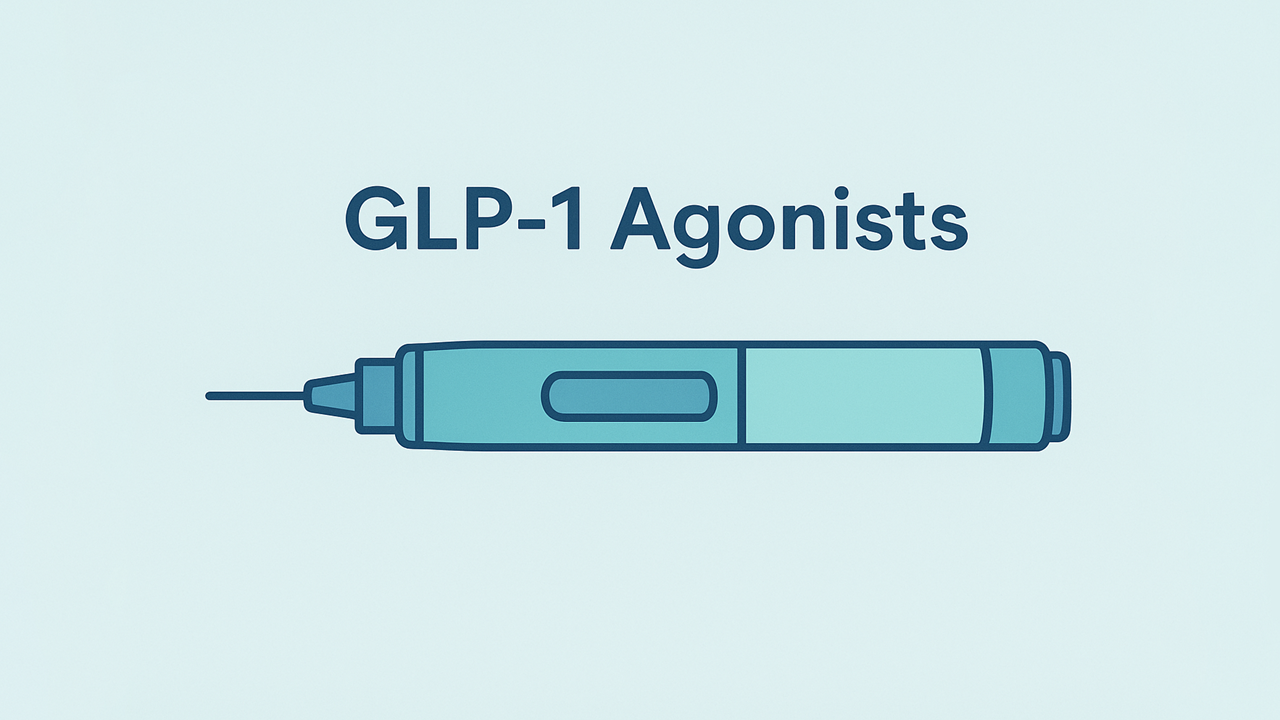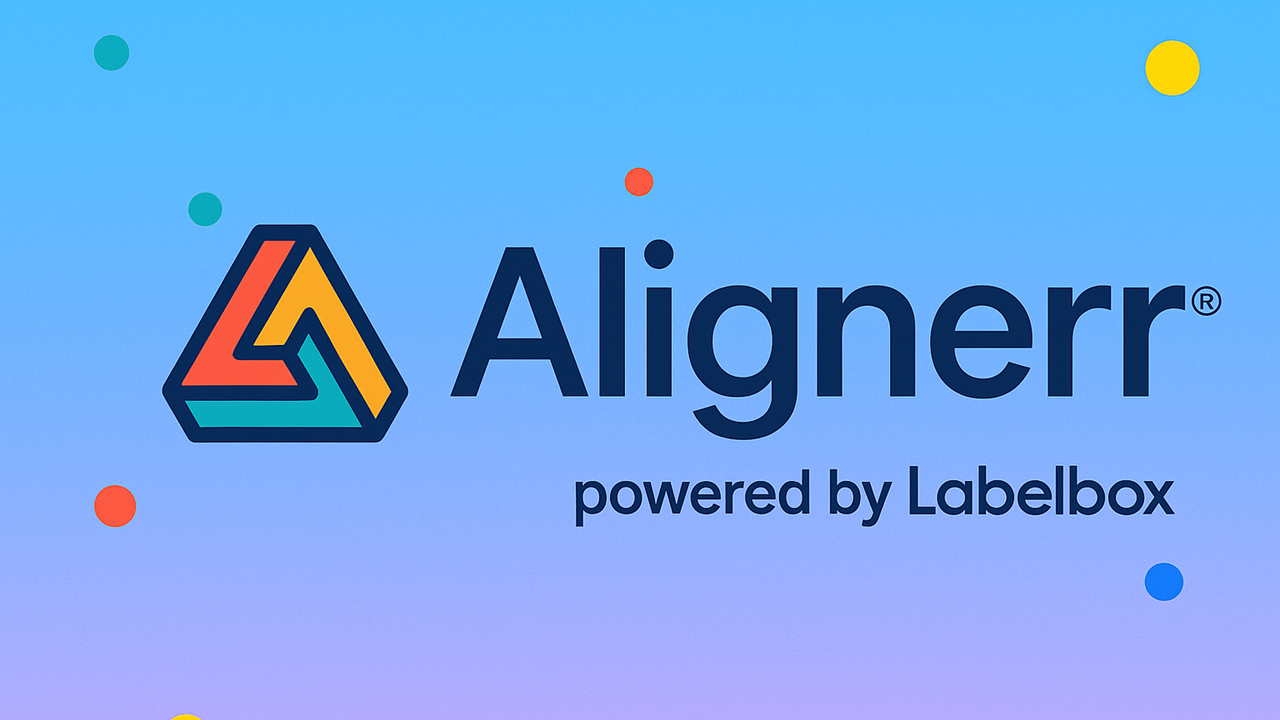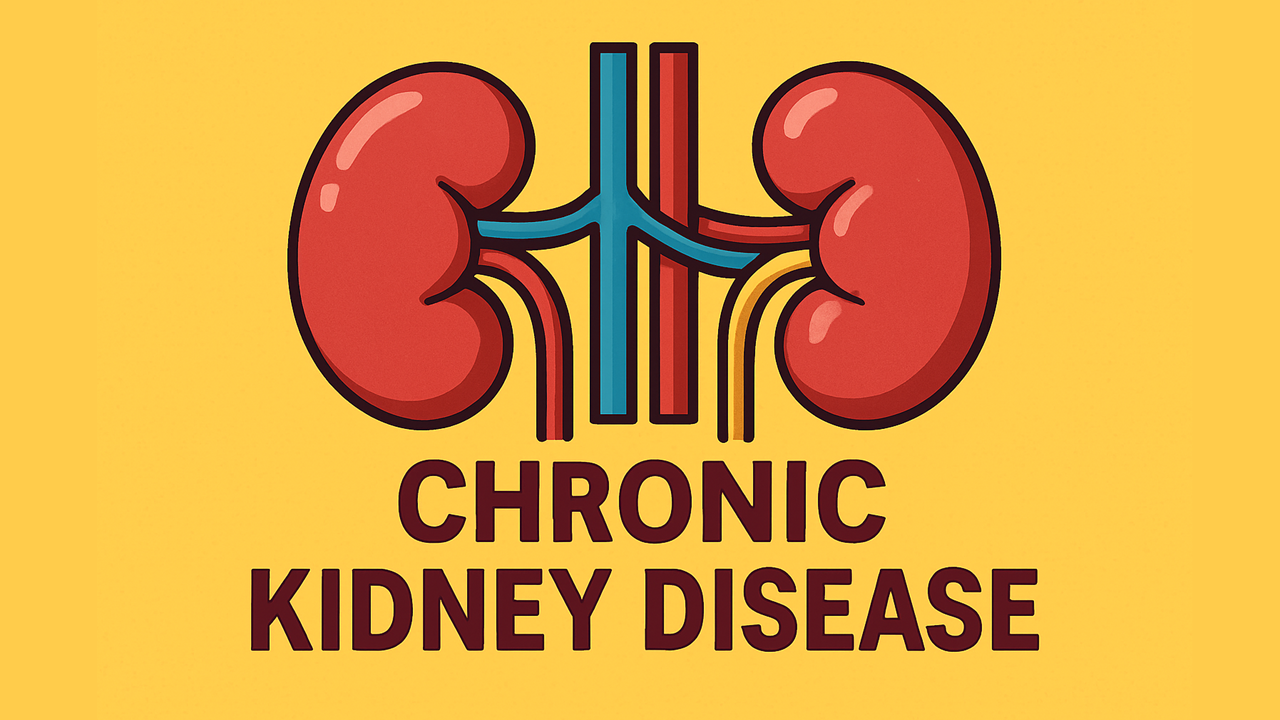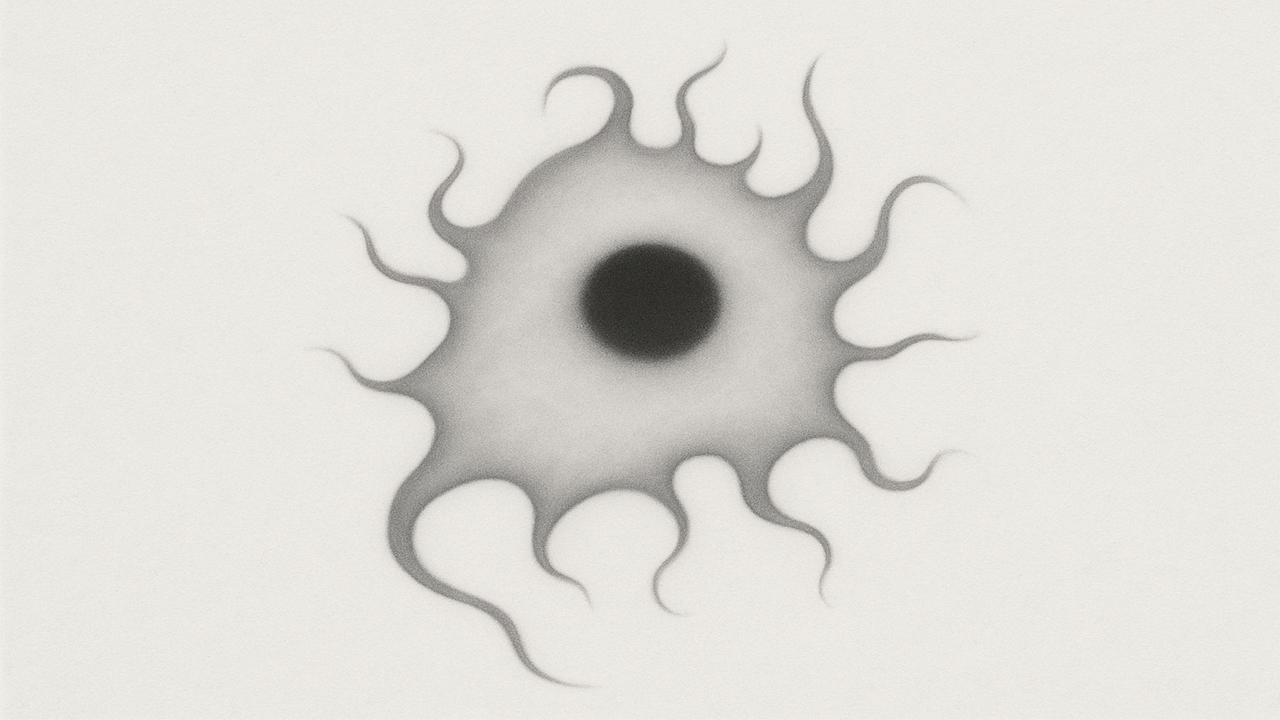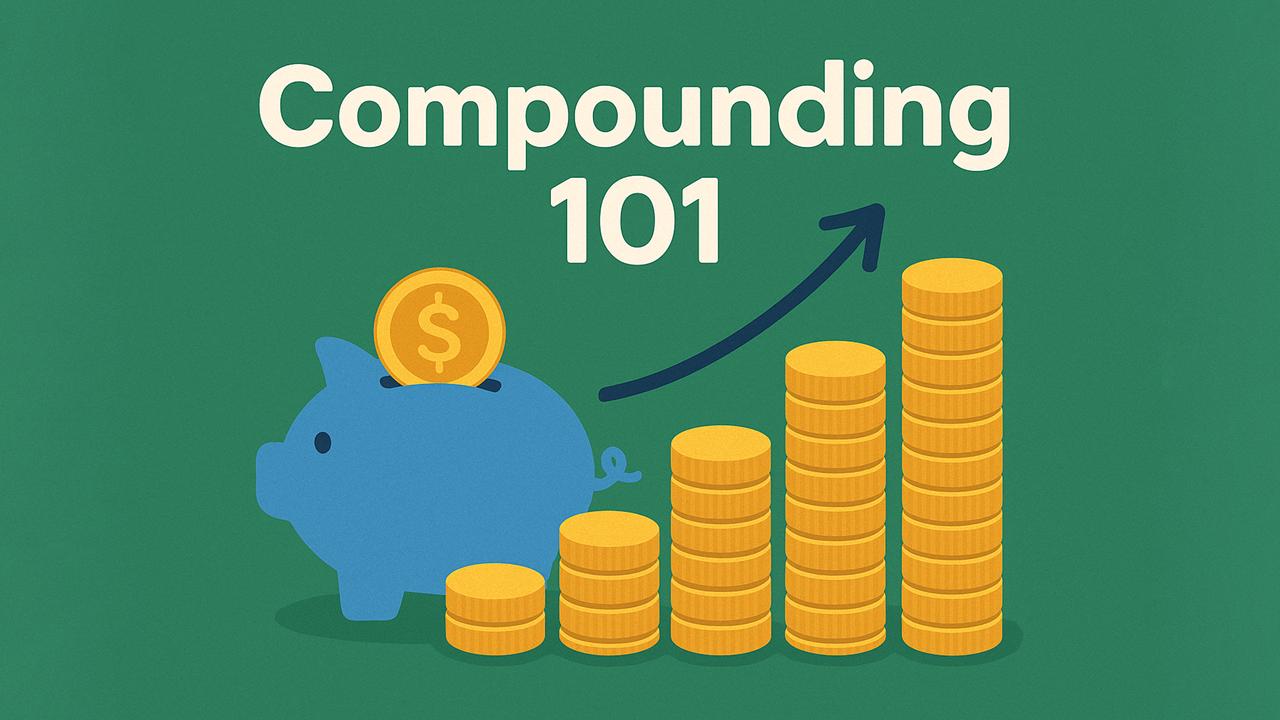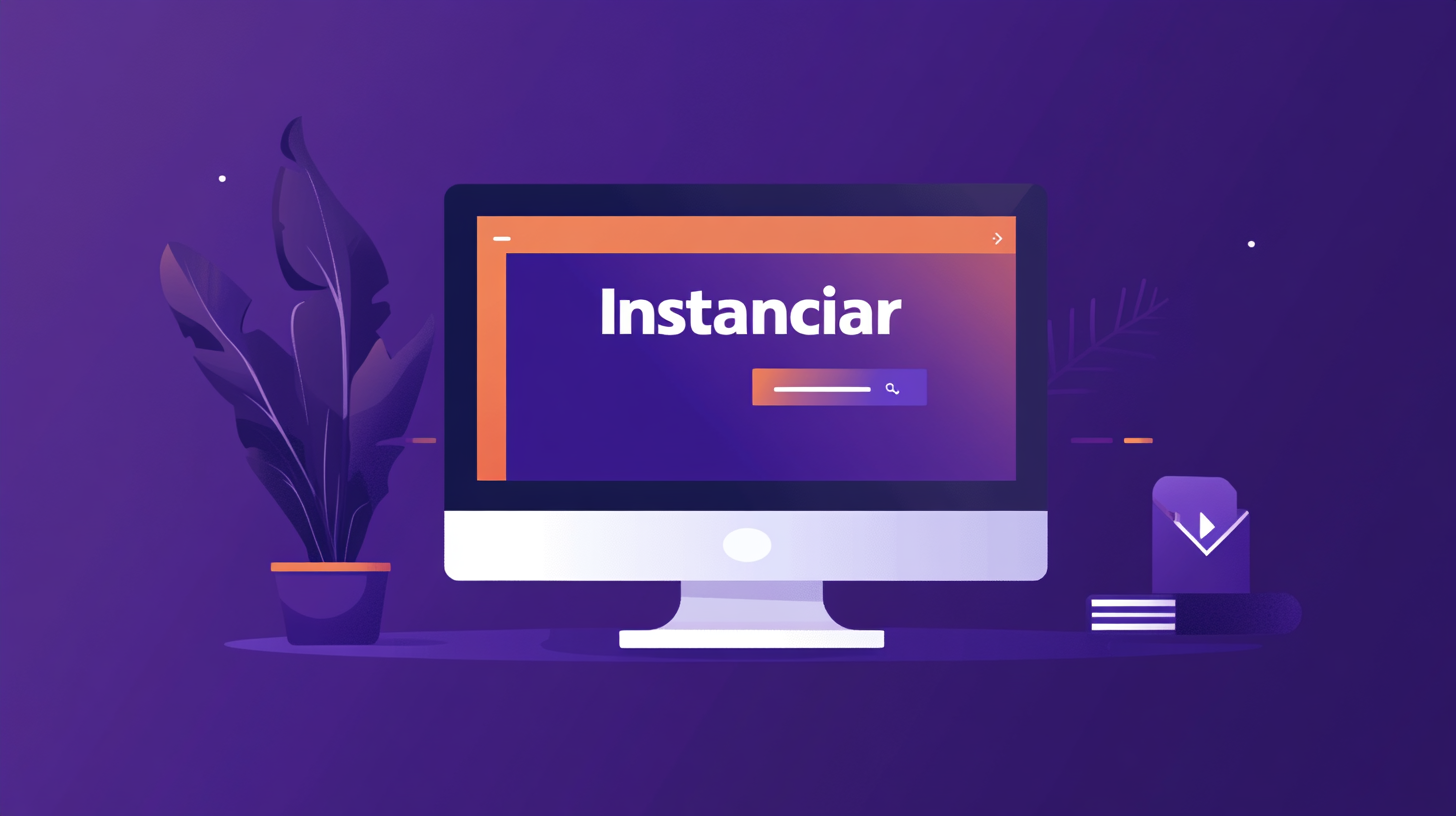Research-Backed Supplements for Treating High Blood Pressure
High blood pressure (hypertension) now affects more than a billion people worldwide. While medications and lifestyle changes remain the cornerstone of treatment, many individuals look to supplements as an adjunct for further benefits. Solid research over the past two decades has identified specific nutrients and herbs that can meaningfully reduce blood pressure when used alongside a healthy diet, exercise, and stress management.
Not all supplement claims are equal, so it’s critical to focus on those backed by human clinical trials, especially randomized controlled studies. In this blog, we’ll review several over-the-counter supplements shown to lower blood pressure in scientific research, covering how they work, recommended doses, and potential side effects. From omega-3 fish oil to beetroot juice, each entry here is linked to reputable findings in peer-reviewed journals.
Of course, these natural therapies should complement—never replace—any prescribed medications and healthy habits. Always consult your healthcare provider before starting new supplements, especially if you have other conditions or take blood pressure drugs. That said, the data show these evidence-based options can help move the needle on hypertension and contribute to an overall heart-friendly lifestyle.
Omega-3 Fatty Acids (Fish Oil)
Why It May Help: Omega-3s (EPA and DHA) found in fish oil can reduce arterial stiffness and inflammation, thus lowering blood pressure.
Clinical Evidence: A large meta-analysis of 70 randomized trials found that fish oil supplementation lowered systolic blood pressure by about 1.5 mmHg and diastolic by 1.0 mmHg in the general population, but up to 4.5 mmHg (systolic) in those with hypertension.
Typical Dose: Around 2–3 grams of combined EPA+DHA per day. Often achieved by taking 2–3 fish oil capsules daily (read labels to check EPA+DHA content).
Usage Notes: Mild digestive upset or fishy aftertaste can occur. Some choose enteric-coated capsules to reduce reflux.
Coenzyme Q10 (CoQ10)
Why It May Help: CoQ10 aids energy production in cells and can improve endothelial function, thereby easing vascular resistance.
Clinical Evidence: A 2022 review reported an average 4.8 mmHg systolic drop from CoQ10 in meta-analyses, with some smaller trials showing larger reductions in hypertensive individuals.
Typical Dose: 100–200 mg daily; best taken with meals for absorption (CoQ10 is fat-soluble).
Usage Notes: It’s well tolerated—rarely, mild insomnia or GI issues might occur. Full benefits may emerge after several weeks of continuous use.
Garlic (Allium sativum)
Why It May Help: The allicin in garlic relaxes blood vessels and may mildly promote diuresis.
Clinical Evidence: Meta-analyses confirm systolic reductions of 6–8 mmHg and diastolic drops of ~4–5 mmHg in people with elevated BP. Some studies match it to the effect of standard antihypertensives.
Typical Dose: ~600–1200 mg of aged garlic extract or garlic powder daily, split into 2–3 doses.
Usage Notes: Aged extracts are less pungent. Possible side effects: garlic odor, mild GI upset. Safe and widely studied.
Magnesium
Why It May Help: Magnesium supports vessel relaxation and can help modulate sodium balance.
Clinical Evidence: A meta-analysis of 34 trials showed a modest average 2.0 mmHg systolic and 1.8 mmHg diastolic reduction, with bigger drops in higher doses or longer usage.
Typical Dose: 300–500 mg daily, often as magnesium citrate or glycinate (better absorbed than oxide).
Usage Notes: Gradual introduction may reduce laxative effects. May be especially beneficial for those with borderline magnesium deficiency.
Potassium
Why It May Help: Potassium helps excrete excess sodium and promotes vasodilation.
Clinical Evidence: A JAMA meta-analysis of 33 RCTs found a 3.1 mmHg systolic and 1.9 mmHg diastolic decrease, more pronounced in high-salt diets or hypertensive individuals.
Typical Dose: ~2–4 grams of potassium daily. U.S. OTC pills are limited to 99 mg each, so powdered forms or salt substitutes are common alternatives.
Usage Notes: People with kidney issues or on potassium-sparing diuretics must be cautious. Gradual increases recommended.
L-Arginine
Why It May Help: It’s a precursor to nitric oxide, which dilates blood vessels and lowers arterial resistance.
Clinical Evidence: RCTs show an average 5.4 mmHg systolic and 2.7 mmHg diastolic drop with L-arginine supplementation.
Typical Dose: 6–8 grams per day, often split into two or three doses on an empty stomach.
Usage Notes: Higher doses can cause GI upset. Some prefer L-citrulline, which also converts to arginine but is gentler on the stomach.
Beetroot (Dietary Nitrates)
Why It May Help: Beetroot’s nitrates convert to nitric oxide, promoting vessel dilation.
Clinical Evidence: Meta-analyses show systolic BP reductions of ~3–4 mmHg; some hypertensive trials found ~7–10 mmHg decreases with daily beet juice.
Typical Dose: ~250 mL (1 cup) of beet juice daily, or specialized beetroot “shots” with ~300 mg nitrate.
Usage Notes: Can turn urine/stool pinkish (harmless). For best results, avoid strong antibacterial mouthwash (oral bacteria aid nitrate–>nitrite conversion).
Hibiscus (Roselle) Tea
Why It May Help: The anthocyanins in hibiscus can act as a mild ACE inhibitor and diuretic.
Clinical Evidence: Studies reveal about a 7 mmHg systolic and ~3–5 mmHg diastolic drop in those drinking 1–3 cups daily.
Typical Dose: 1–2 cups of hibiscus tea daily (or 250–500 mg of hibiscus extract).
Usage Notes: The tart taste can be sweetened lightly. Minimal side effects. Highly effective in mild hypertension.
Flaxseed
Why It May Help: High in alpha-linolenic acid, fiber, and lignans, flax can improve arterial health and reduce inflammation.
Clinical Evidence: RCTs note about a 2–3 mmHg drop in BP overall, with some trials showing as much as 10 mmHg (systolic) in those consuming 30 g ground flax daily for 6 months.
Typical Dose: ~2 tablespoons (30 g) of ground flaxseed per day mixed into foods or shakes or 1 capsule of flaxseed oil.
Usage Notes: Use ground seeds (not whole) for best nutrient availability. Go slowly if you’re not used to high fiber.
Additional Mentions
Green Tea Extract: Shows a mild ~1–2 mmHg BP drop in meta-analyses; slightly higher in hypertensive participants.
Dark Chocolate (Cocoa Flavanols): Typically lowers systolic by ~3–5 mmHg. Look for 70%+ cocoa or cocoa extract.
Probiotics: Multi-strain formulations have been associated with ~3 mmHg systolic reduction in some meta-analyses.
Celery Seed Extract: Emerging research suggests potential 11–12 mmHg systolic reductions at ~75 mg 3nB phthalide extract twice daily.
Soy Isoflavones: ~5–7 mmHg drop in hypertensive individuals taking 40–80 mg/day.
These are all backed by RCTs showing clinically meaningful impacts on blood pressure.
Practical Takeaways and Conclusion
Science increasingly supports certain supplements as adjunctive strategies for managing high blood pressure. While none are a “magic bullet,” they can nudge systolic or diastolic readings down by a few mmHg—sometimes enough to see tangible health benefits or reduce medication doses. Combinations of these nutrients (e.g., fish oil plus CoQ10) might yield synergistic effects, though formal research on stacking is limited. Always remember that fundamentals—healthy eating (like the DASH or Mediterranean diet), regular exercise, stress management, and weight control—play a larger role. Supplements are best viewed as an enhancement to a balanced lifestyle.
Lastly, check with your healthcare provider before starting new supplements, especially if you’re on blood pressure medications or have underlying conditions. With careful selection and monitoring, these clinically tested supplements can be a gentle, natural ally in lowering blood pressure and safeguarding heart health.
References
Miller, P. E., Van Elswyk, M., & Alexander, D. D. (2014). Long-chain omega-3 fatty acids eicosapentaenoic acid and docosahexaenoic acid and blood pressure: A meta-analysis of randomized controlled trials. American Journal of Hypertension, 27(7), 885–896. https://doi.org/10.1093/ajh/hpu024
Zhao, D., Liang, Y., Dai, S., Hou, S., Liu, Z., Liu, M., … Yang, Y. (2022). Dose-response effect of coenzyme Q10 supplementation on blood pressure among patients with cardiometabolic disorders: A GRADE-assessed systematic review and meta-analysis of randomized controlled trials. Advances in Nutrition, 13(6), 2180–2194. https://doi.org/10.1093/advances/nmac100
Xiong, X., Wang, P., Li, S., Li, X., Zhang, Y., & Wang, J. (2015). Garlic for hypertension: A systematic review and meta-analysis of randomized controlled trials. Phytomedicine, 22(3), 352–361. https://doi.org/10.1016/j.phymed.2014.12.013
Zhang, X., Li, Y., Del Gobbo, L. C., Rosanoff, A., Wang, J., Zhang, W., & Song, Y. (2016). Effects of magnesium supplementation on blood pressure: A meta-analysis of randomized double-blind placebo-controlled trials. Hypertension, 68(2), 324–333. https://doi.org/10.1161/HYPERTENSIONAHA.116.07664
Whelton, P. K., He, J., Cutler, J. A., Brancati, F. L., Appel, L. J., Follmann, D., & Klag, M. J. (1997). Effects of oral potassium on blood pressure: A meta-analysis of randomized controlled clinical trials. JAMA, 277(20), 1624–1632. https://doi.org/10.1001/jama.1997.03540440058033
Dong, J. Y., Qin, L. Q., Zhang, Z., Zhao, Y., Wang, J., & Zhang, W. (2011). Effect of oral L-arginine supplementation on blood pressure: A meta-analysis of randomized, double-blind, placebo-controlled trials. American Heart Journal, 162(6), 959–965. https://doi.org/10.1016/j.ahj.2011.09.012
Bahadoran, Z., Mirmiran, P., Kabir, A., Azizi, F., & Ghasemi, A. (2017). The nitrate-independent blood pressure-lowering effect of beetroot juice: A systematic review and meta-analysis. Advances in Nutrition, 8(6), 830–838. https://doi.org/10.3945/an.117.016717
Boesch, C., Jamka, M., Kim, H. J., Campos, H., Sahebkar, A., & Kupchak, B. R. (2022). A systematic review and meta-analysis of the effects of Hibiscus sabdariffa on blood pressure and cardiometabolic markers. Nutrition Reviews, 80(6), 1723–1737. https://doi.org/10.1093/nutrit/nuab123
Ursoniu, S., Sahebkar, A., Andrica, F., Serban, C., & Banach, M. (2016). Effects of flaxseed supplements on blood pressure: A systematic review and meta-analysis of controlled clinical trials. Clinical Nutrition, 35(3), 615–625. https://doi.org/10.1016/j.clnu.2015.05.012
Xu, R., Yang, K., Ding, J., & Chen, G. (2020). Effect of green tea supplementation on blood pressure: A systematic review and meta-analysis of randomized controlled trials. Medicine, 99(6), e19047. https://doi.org/10.1097/MD.0000000000019047
Ried, K., Sullivan, T. R., Fakler, P., Frank, O. R., & Stocks, N. P. (2010). Does chocolate reduce blood pressure? A meta-analysis. BMC Medicine, 8, 39. https://doi.org/10.1186/1741-7015-8-39
Khalesi, S., Sun, J., Buys, N., & Jamshidi, A. (2014). Effect of probiotics on blood pressure: A systematic review and meta-analysis of randomized, controlled trials. Hypertension, 64(4), 897–903. https://doi.org/10.1161/HYPERTENSIONAHA.114.03469
Shayani Rad, M., Moohebati, M., & Mohajeri, S. A. (2022). Effect of celery (Apium graveolens) seed extract on hypertension: A randomized, triple-blind, placebo-controlled, cross-over clinical trial. Phytotherapy Research, 36(7), 2889–2907. https://doi.org/10.1002/ptr.7469
Taku, K., Lin, N., Cai, D., Hu, J., Zhao, X., Zhang, Y., … Watanabe, S. (2010). Effects of soy isoflavone extract supplements on blood pressure in adult humans: Systematic review and meta-analysis of randomized placebo-controlled trials. Journal of Hypertension, 28(10), 1971–1982. https://doi.org/10.1097/HJH.0b013e32833c6edb




